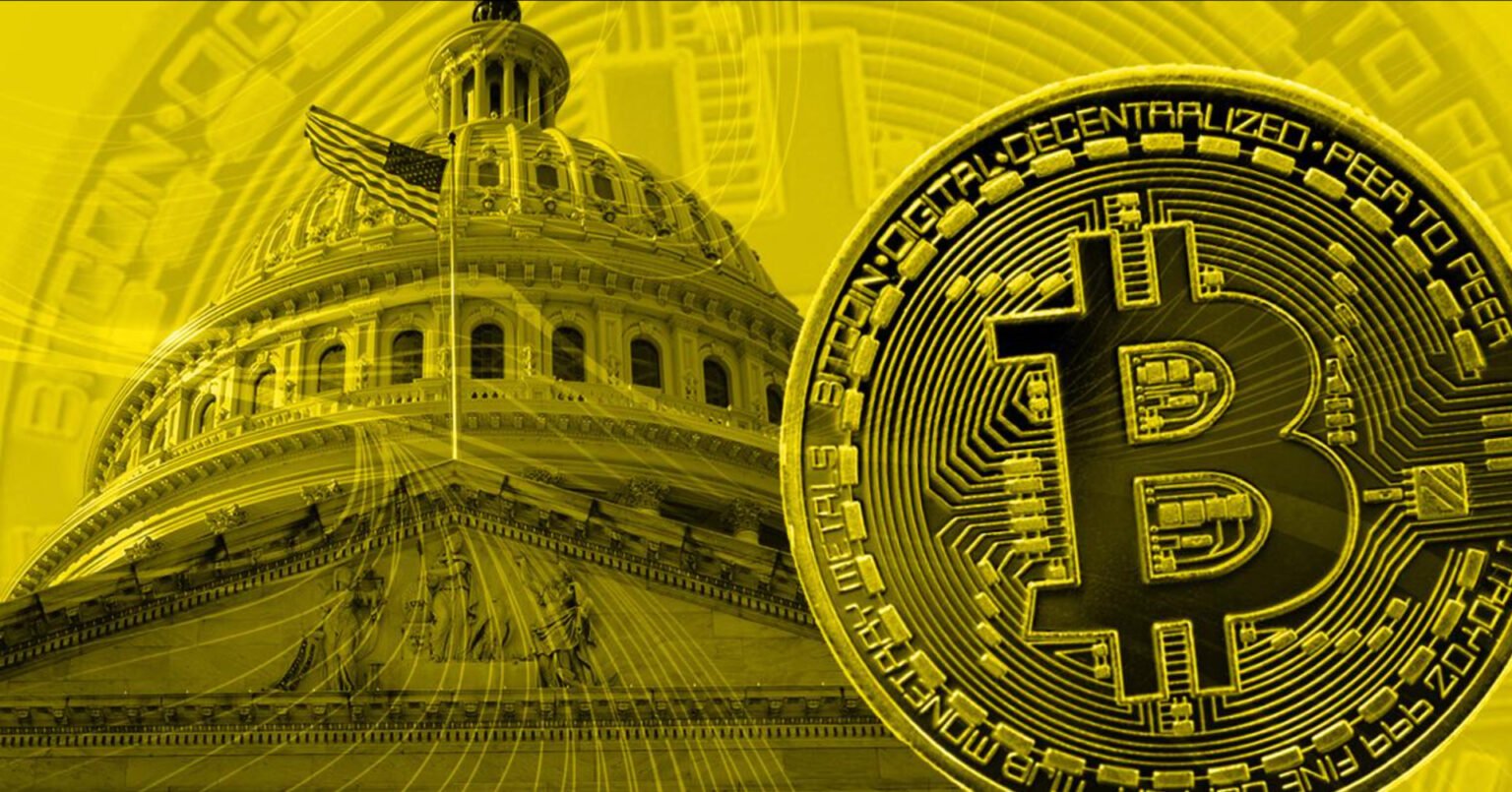Changing the financial game, U.S. Senator Cynthia Lummis has introduced the Boosting Innovation, Technology, and Competitiveness through Optimized Investment Nationwide Act of 2024 and the BITCOIN Act of 2024. This bill calls for creating a Strategic Bitcoin Reserve that will put the United States in a position to hold a meaningful share of the global Bitcoin supply. Bitcoin Price Dip, With cryptocurrencies becoming more and more mainstream, the new nationalization initiative highlights the government’s awareness of digital assets potentially playing an important role in today’s global economy.
Understanding the BITCOIN Act
Under the Bitcoin Act, the U.S. Department of the Treasury must purchase one million Bitcoins over five years, purchasing 200,000 bitcoins a year. And then, these assets would be held “in a decentralized nationwide network of secure facilities,” known as the Strategic Bitcoin Reserve. The law requires that such holdings be held for at least 20 years unless used to pay down existing federal debt. The bill also proposes a reduction of surplus U.S. dollars held in Federal Reserve banks, which will direct some net earnings each year toward Bitcoin acquisition.
Why Is the U.S. Government Considering a Bitcoin Reserve?
Senator Lummis, who has been a proponent of cryptocurrencies for years, was also the first U.S. senator to buy Bitcoin and sees this reserve as a way for the nation to have a strategic tool that strengthens financial strength. The acquisition represents a strategic move to bolster U.S. interests in fintech as the currency diversifies and helps to lay down enhanced ground in the new digital economy by acquiring close to 5% of the total amount of Bitcoin issued.
Bitcoin’s decentralized nature serves as a hedge against traditional financial market volatility and the potential for geopolitical risk. Bitcoin Reserve Creation: Senator sees Bitcoin’s limited supply and growing adoption as proof it’s a great reserve asset, just like gold, a great collateral asset that’s backed national reserves for decades.
How Will the Reserve Be Capitalized?
To help prevent such a vision from becoming utopian, the bill would finance it by revaluing the Federal Reserve’s gold certificates and drawing off profits from deposits and gold holdings of Federal Reserve banks. Bitcoin Reserve Creation: The key here is to minimize the incoming tax burden on taxpayers as much as possible and use existing assets to access the fast-growing crypto space. This approach adds up profits and squeezes reserves, in contrast to direct government spending that would require new taxation or deficit spending.

U.S. International Ranking on Bitcoin Adoption
Although the U.S. is at the forefront of proposing a state Bitcoin reserve, other countries are also keen on incorporating crypto into their financial systems. El Salvador, for example, has long since adopted Bitcoin as legal tender. Alternatively, suppose the U.S. makes good on that reserve. In that case, it may create an example that inspires other developed countries to adopt such a reserve, which could have ripple effects on globalization. Some countries like Switzerland, Singapore, and the United Arab Emirates have already moved, so US action could push the global adoption of the technology.
Broader Legislative Context
The Bitcoin Act embraces a general legislative trend toward a better understanding and regulation of digital assets. For example, the New York State Senate has proposed a new cryptocurrency and blockchain study task force to analyze the potential impacts of widespread usage of digital currencies and advise on relevant legislative and regulatory recommendations. It shows that lawmakers at all levels of government are becoming more interested in defining the role of digital assets in the U.S. financial system.
Additionally, a recent announcement by BlackRock CEO Larry Fink, leader of the world’s largest asset manager, indicates that the institutional interest in Bitcoin has never been higher. BlackRock’s embrace of Bitcoin as a legitimate asset class further substantiates the notion that digital currencies will factor significantly into future financial frameworks.”Should institutional players support Bitcoin’s adoption, nation-state participation via the national reserve could be inevitable.
Summary
In subsequent years, the fight on this proposed package may have significant ramifications as countries alter their view about digital assets and rework their economic models accordingly. Bitcoin Reserve Creation, This powerful move by the United States might begin a global dialogue about putting cryptocurrency in the basket of national reserves and the state. Crypto Market 2025, Shift in crypto-currency from focusing on cryptocurrency innovation to a crypto-currency store of value. Whether the Bitcoin Act will be enacte into law or remain a grand ambition, it signals the policymaking recognition of cryptocurrency’s place in the future of finance.
[sp_easyaccordion id=”2605″]


